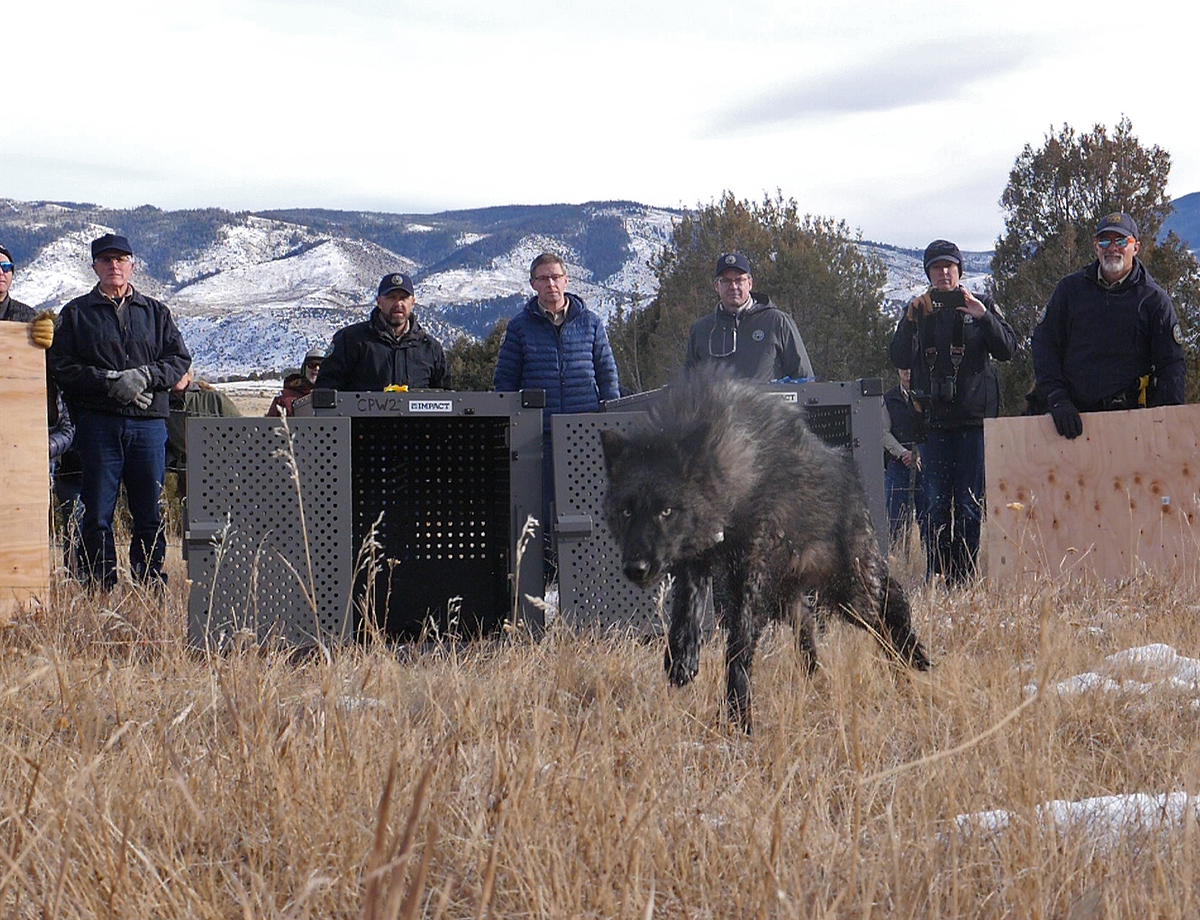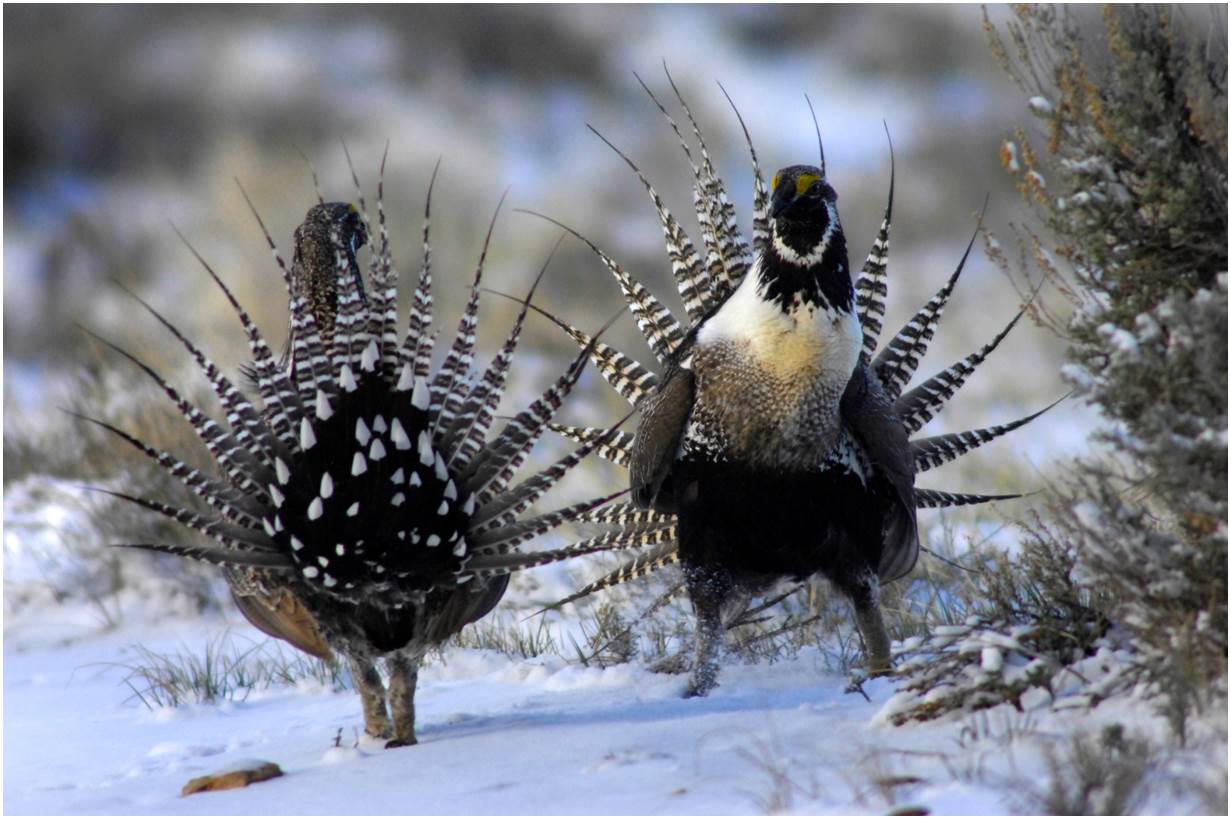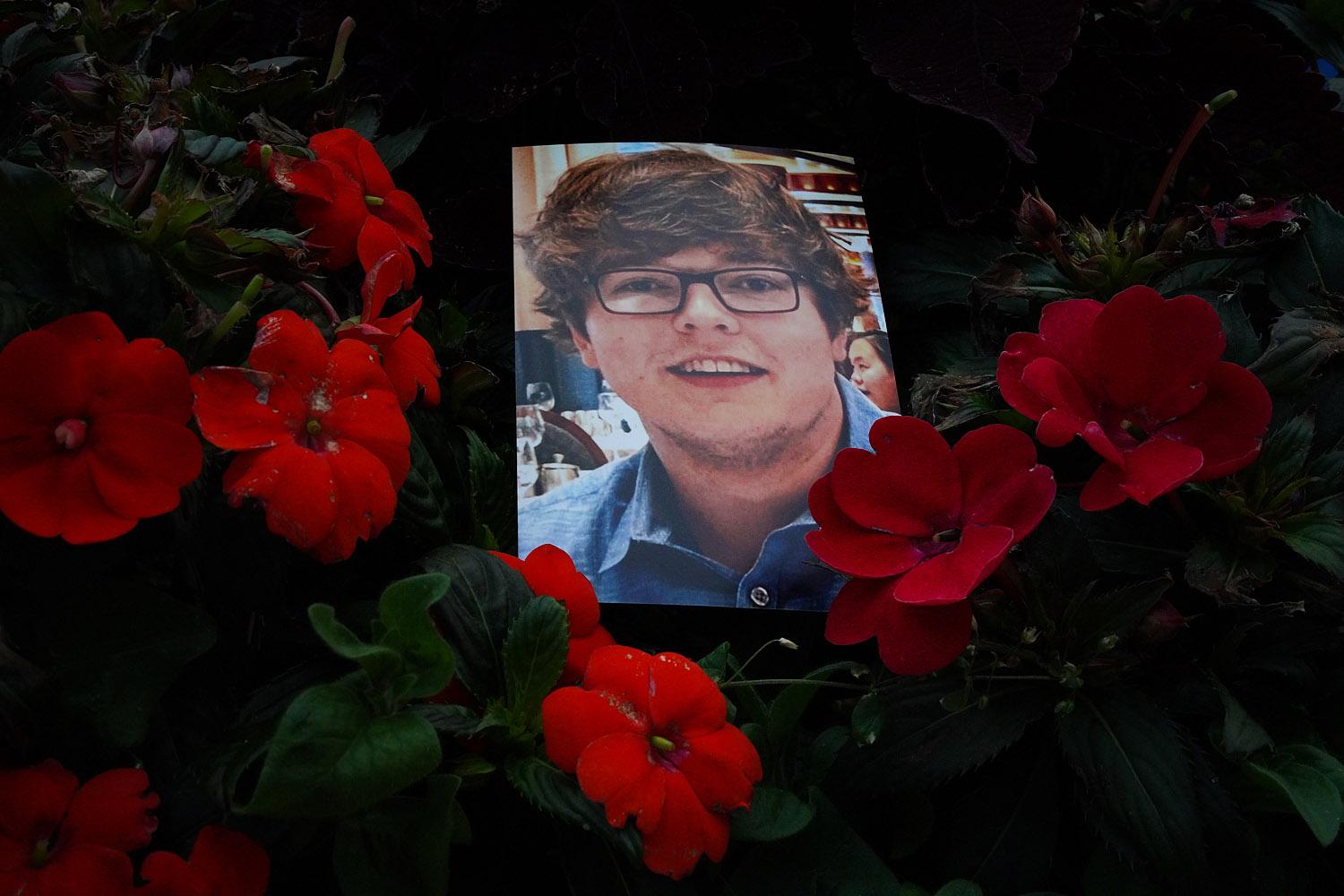Originally published on April 2, 2014 10:56 am
Lawmakers on Colorado’s powerful joint budget committee are skeptical about finding money for an aerial firefighting fleet for the upcoming wildfire season. A report from the Colorado Division of Fire Prevention and Control recommends spending $33 million on spotter planes, small air tankers, helicopters, and leasing large air tankers for wildfire season.
The yearlong study said air tankers would lower costs and reduce losses from wildfires.
State senator Steve King (R-Grand Junction) sponsored a bill in 2013 to create a fleet and study the feasibility. But the measure didn’t have any money allocated for the fleet. Now he’s behind another proposal [SB 14-164 .pdf] to have the state get air tankers and helicopters to better fight wildfires.
“The 2014 fire season is upon us, we’ve already had a 15-acre fire up in Durango, which is very dry,” said King. “We need to be proactive. We have 4 million acres of dead trees on the western slope near our water, and 40 million Americans depending upon that water.”
Colorado fire officials say air support within the first hour of a wildfire can greatly reduce how big the wildfire gets and lower the overall damage. Currently Colorado contracts for federal air tankers, but there aren’t enough. According to a state report in the 2012 wildfire season almost half of the requests for large federal air tankers were denied.
Senator King has bipartisan support for his proposal for a state fleet, but coming up with money for it could be tricky. Joint budget committee member Pat Steadman (D-Denver) said there is a lot of competition for available budget funds. Most of the money in the coming budget is largely spoken for; only $20 million is set aside for new bills.
“The idea that one idea would take all of the available money, when there are lots of people with lots of different ideas that are competing for those dollars right now… I don’t see that being likely to come to pass,” said Steadman.
The 2014/2015 budget has already cleared the House. That means proposals to set aside funding for an aerial firefighting would be made in the Senate. King said he’s considering an amendment to do just that. Budget committee member state senator Mary Hodge (D-Brighton) serves on the budget committee and believes it’ll be a tough vote.
“Everybody has their own idea of what they have to have,” said Hodge. “But it’s very difficult to get 18 votes here, to get something in the budget.”
Dozens of bills are already waiting for funding in the appropriations committees.
For legislative leaders the budget priorities include recovering from wildfires and floods, giving more money to schools and colleges, and improving economic security. An aerial fleet for Colorado has the support of budget committee member Representative Cheri Gerou (R-Evergreen), just not right now.
“I think there’s a desire to take care of it,” said Gerou. “And the best thing would be for the Governor to present a proposal in next year’s budget that would… do something, help with something.”
Supporters say 2015 is already too late given the huge fire risk over the summer. For his part Gov. John Hickenlooper told the Grand Junction Daily Sentinel that air tankers cost a fortune and he’s not convinced they’re worth it.
“I’m cheap,” Hickenlooper said to the Sentinel. “My gut feeling is this is too much money.”
The Governor notes that the division of fire prevention knows much more about the issue than he does. Hickenlooper said he is leaning toward the state investing the money because he wants to err on the side of caution and doesn't want to put homes at risk. His spokesman said Hickenlooper has taken a lot of heat for expressing reservations about purchasing big tankers and that is why the office negotiated and signed legislation last session to authorize a study by experts.
Hickenlooper said he does plan to measure “the living daylights out of it” to see how effective air tankers actually are.
Copyright 2014 KUNC-FM. To see more, visit http://kunc.org.









